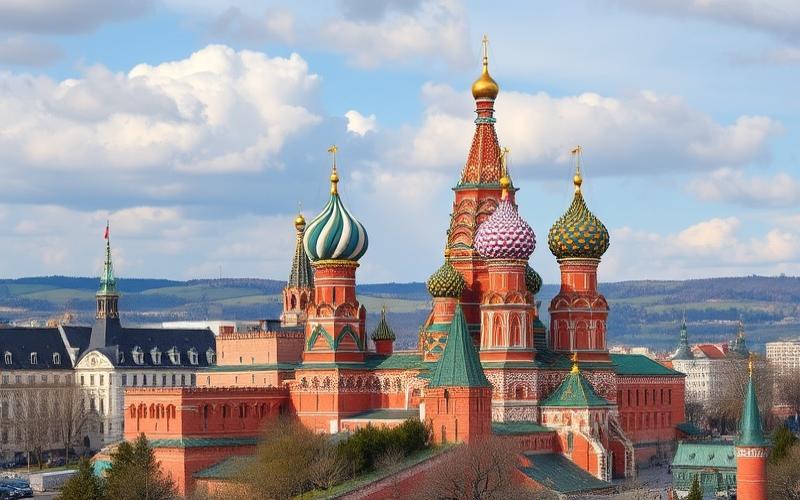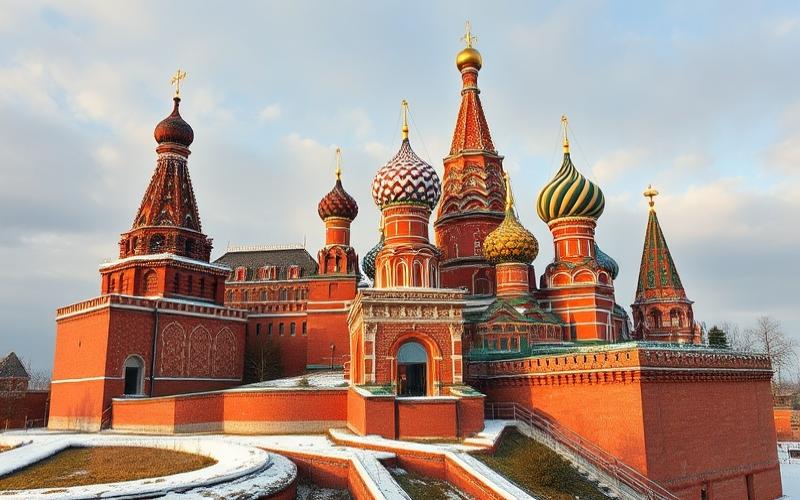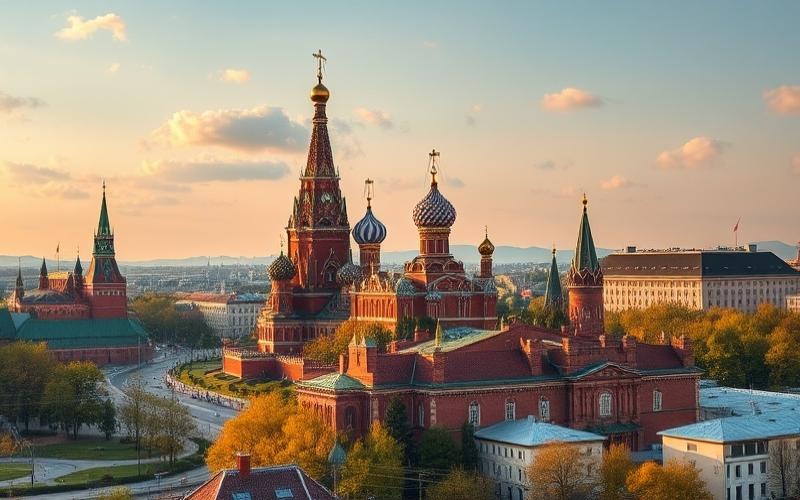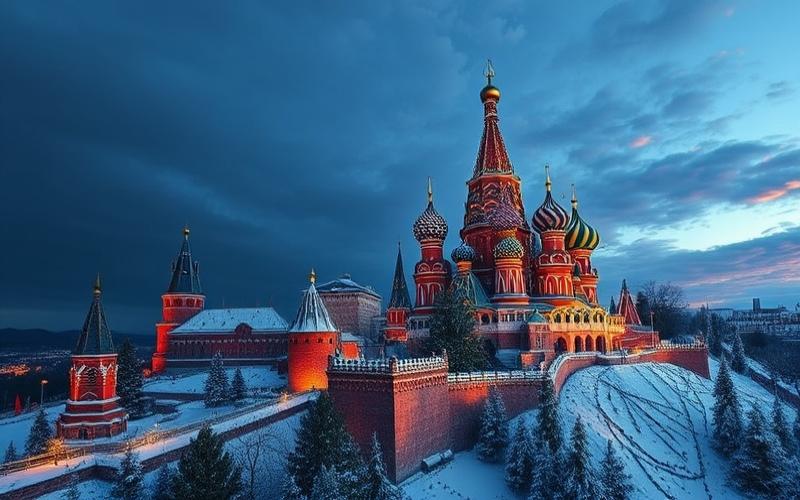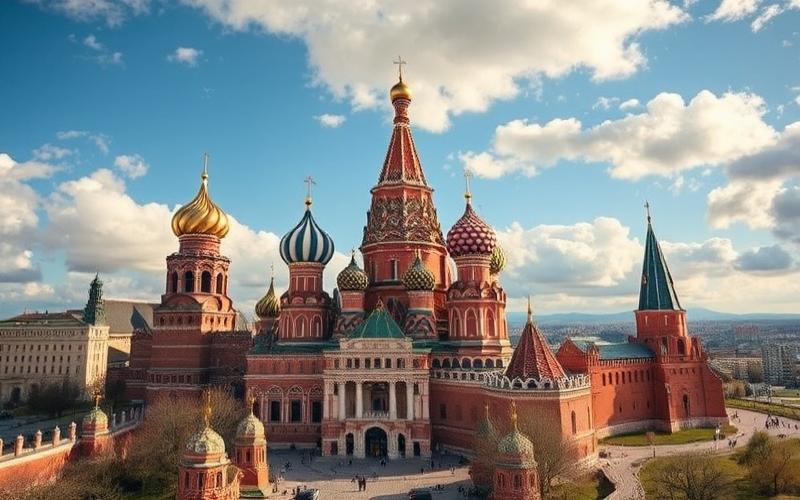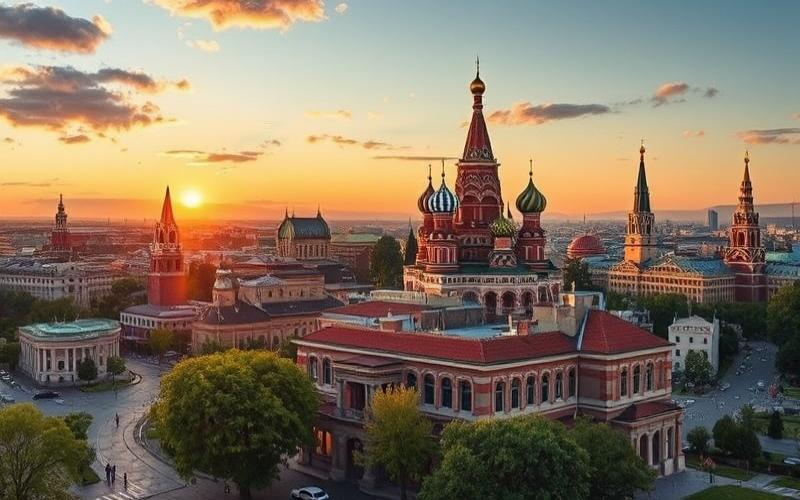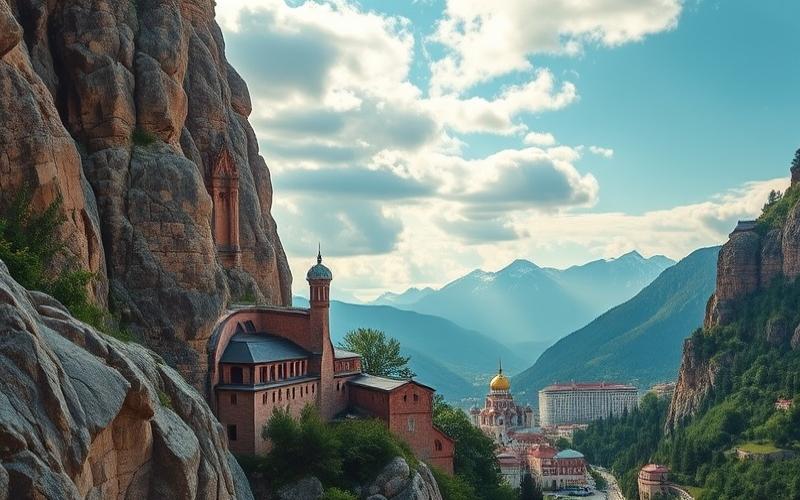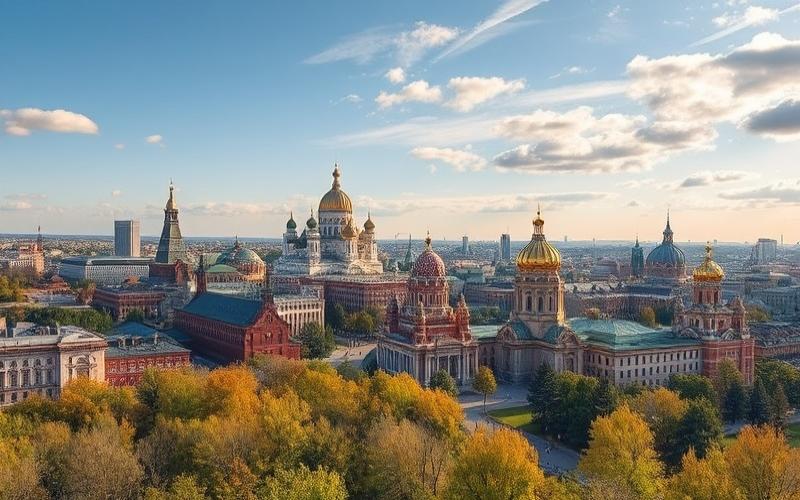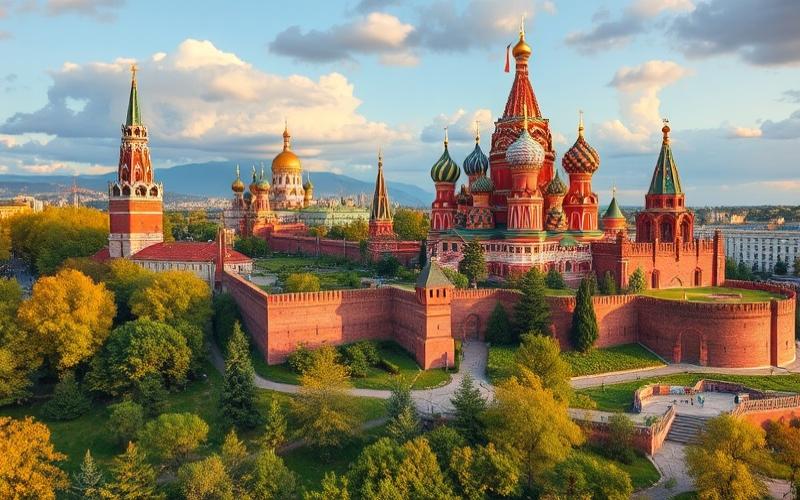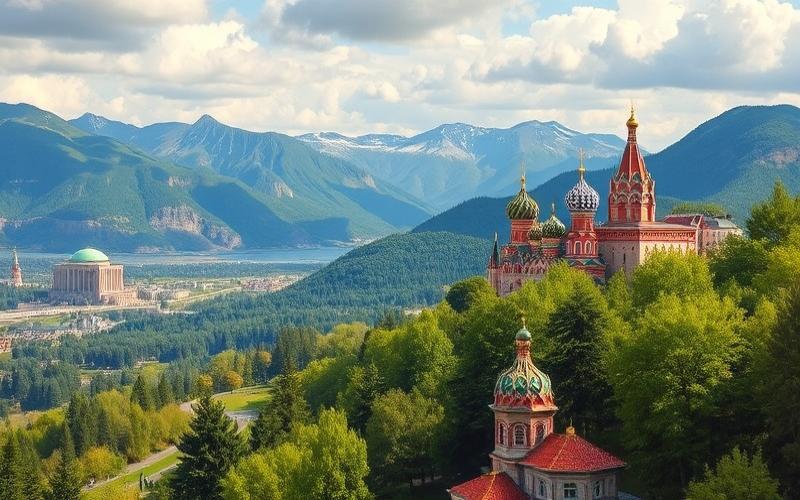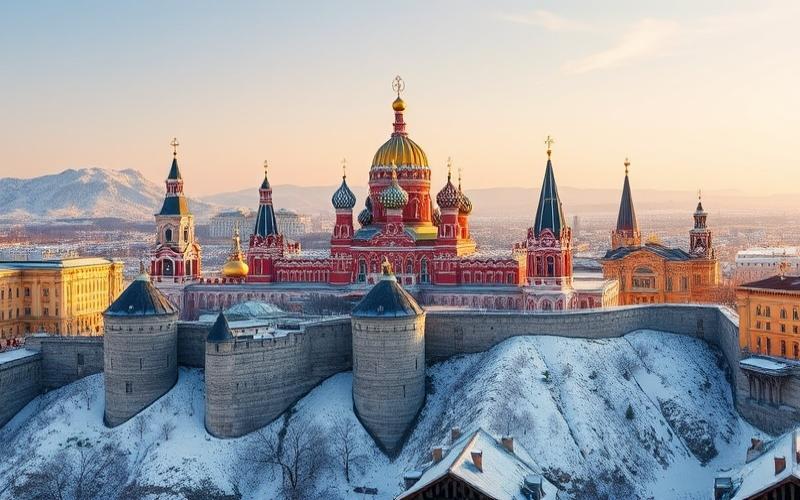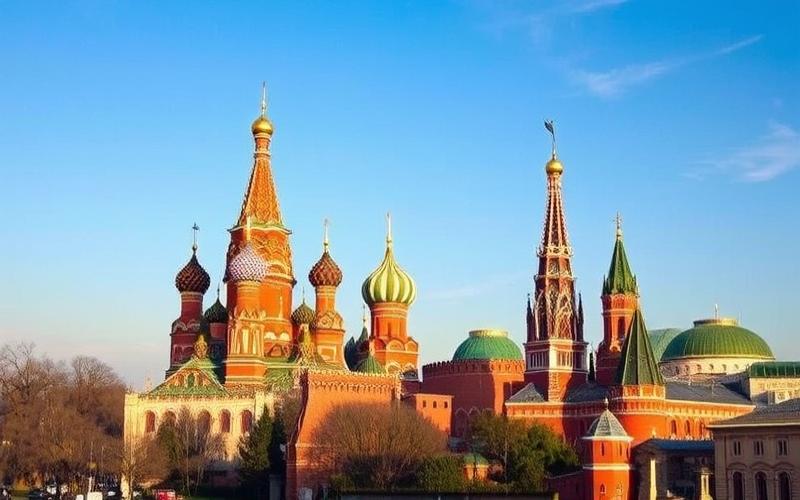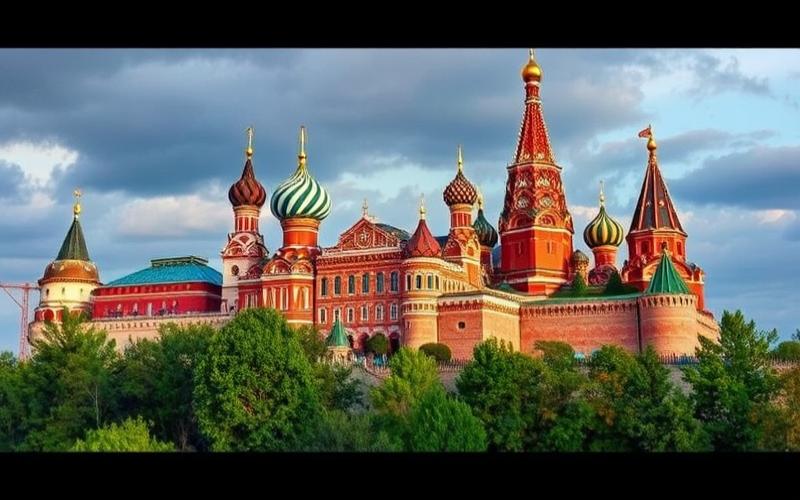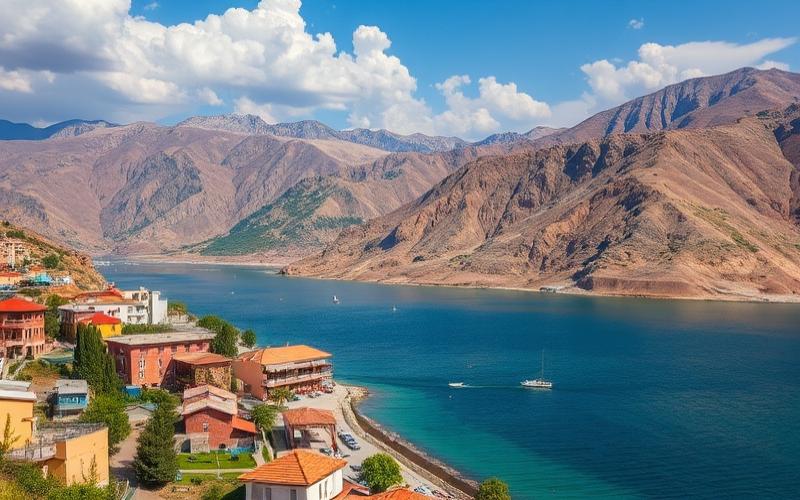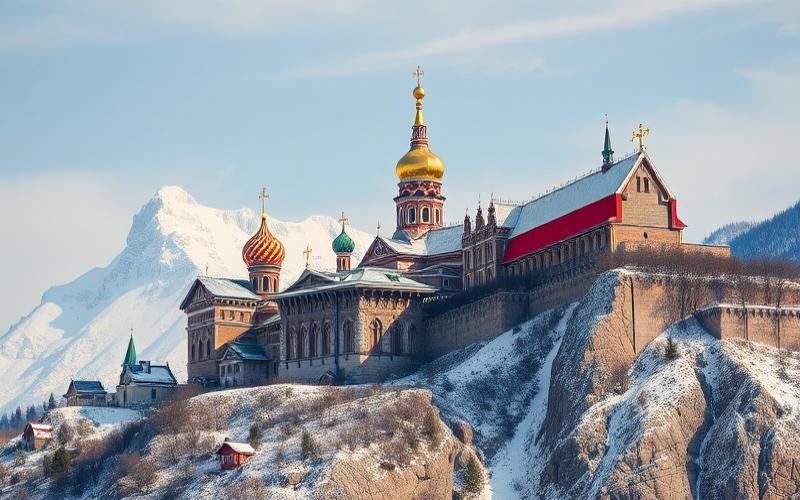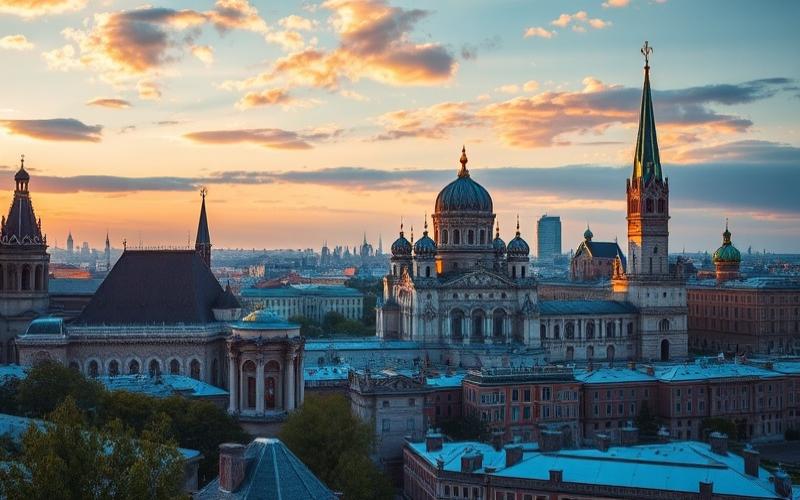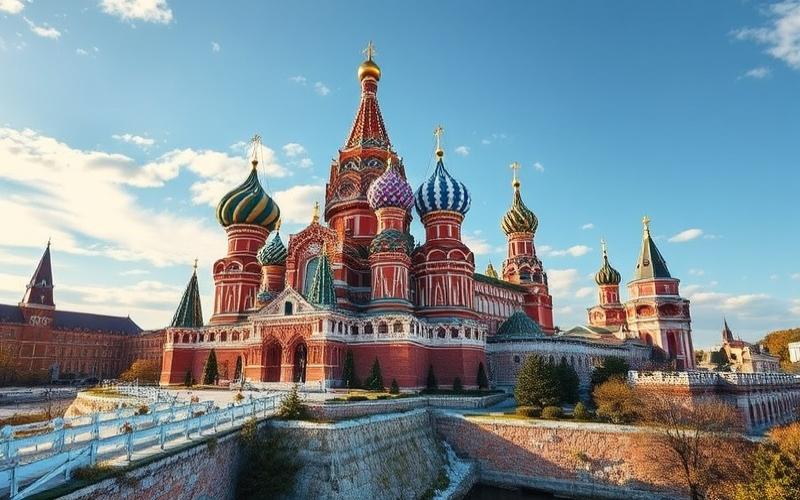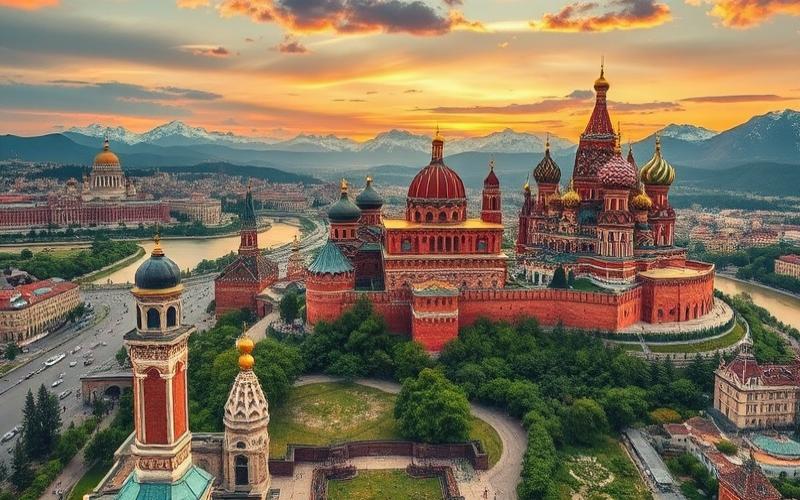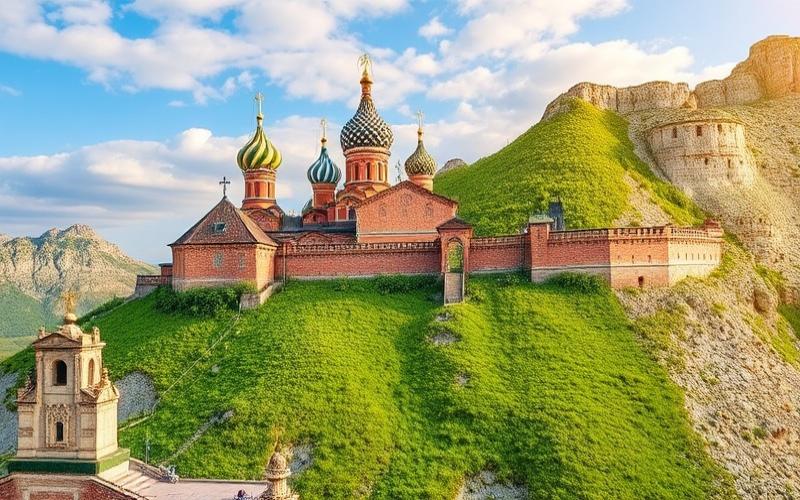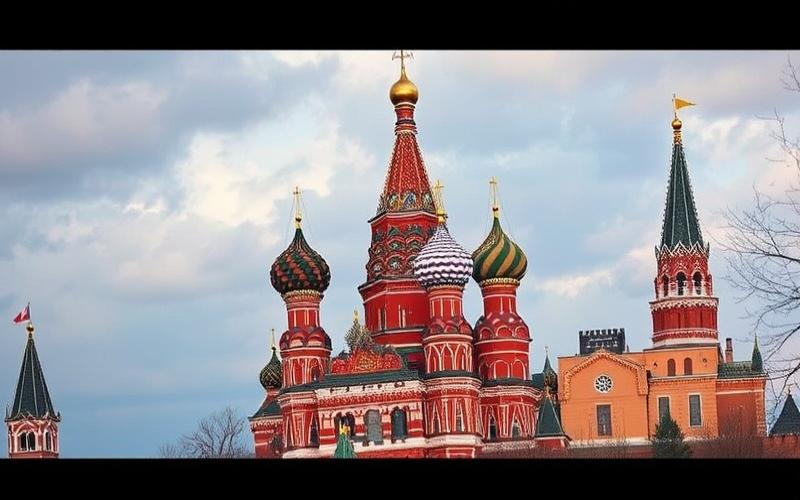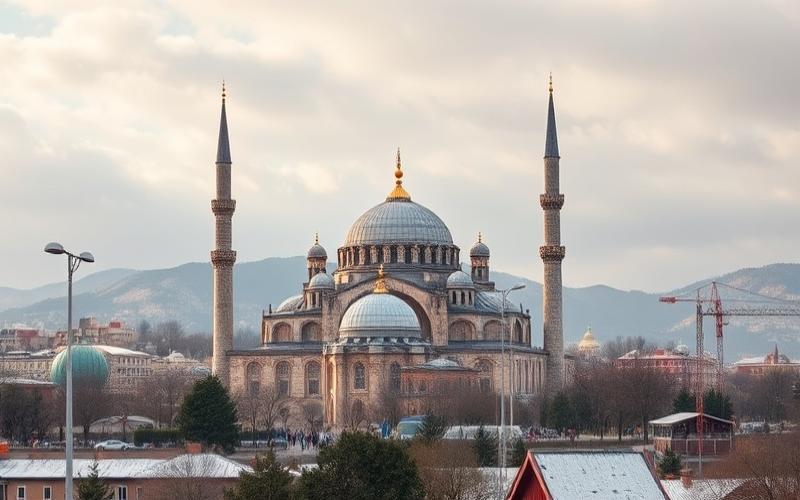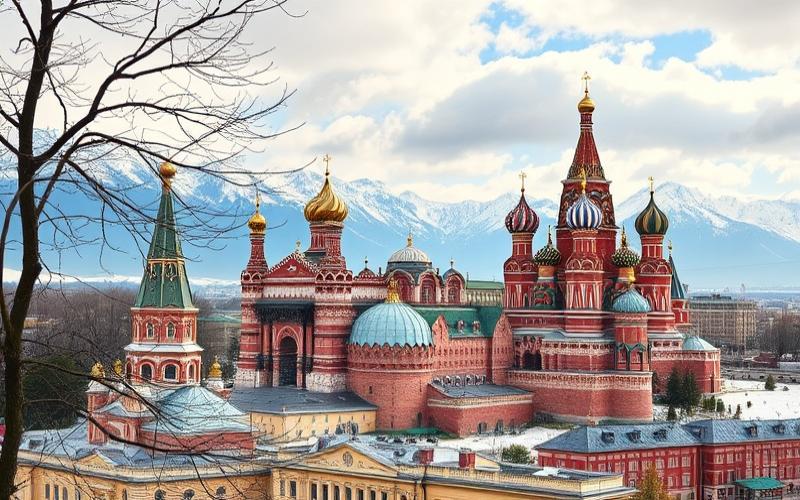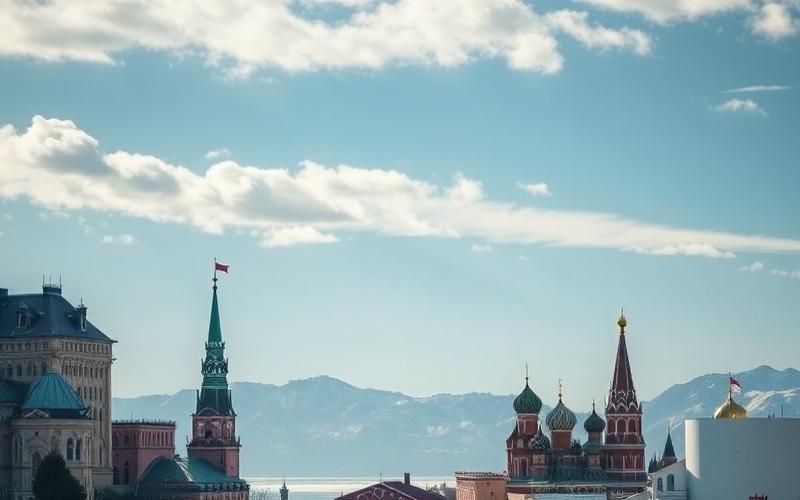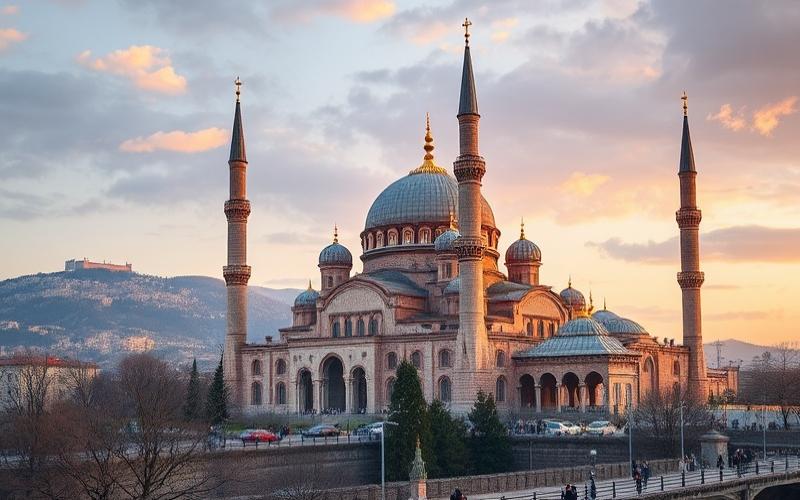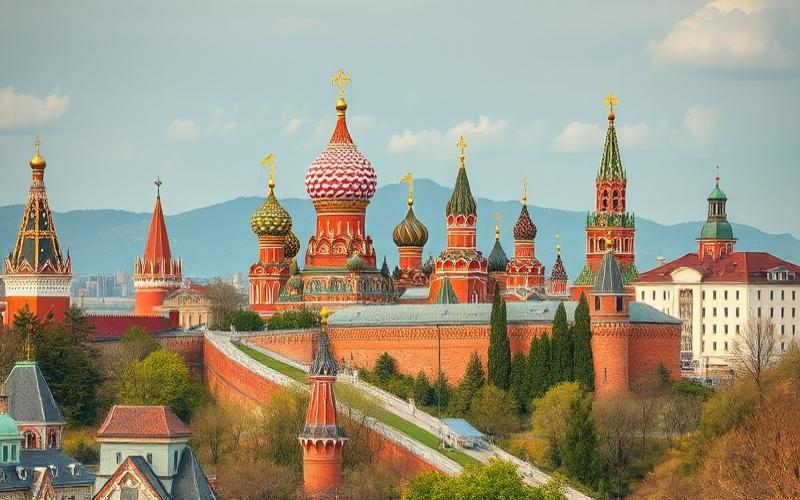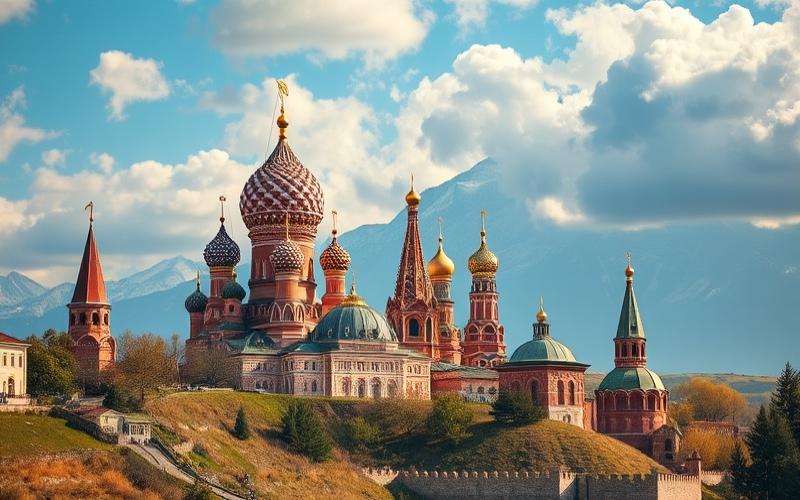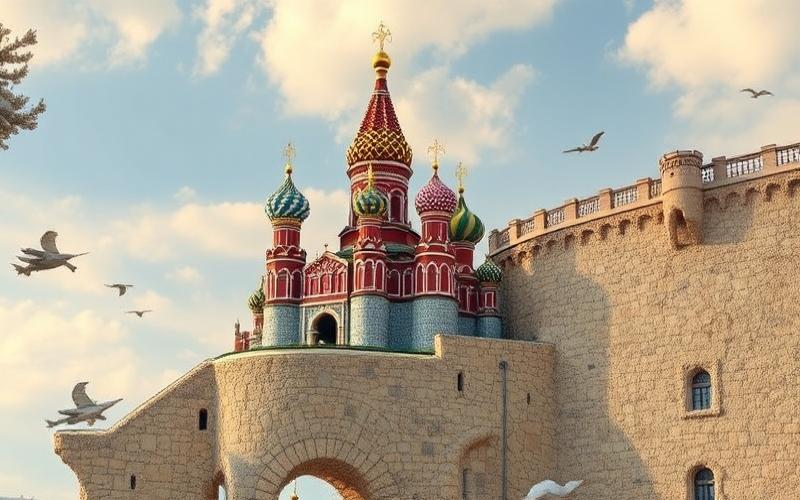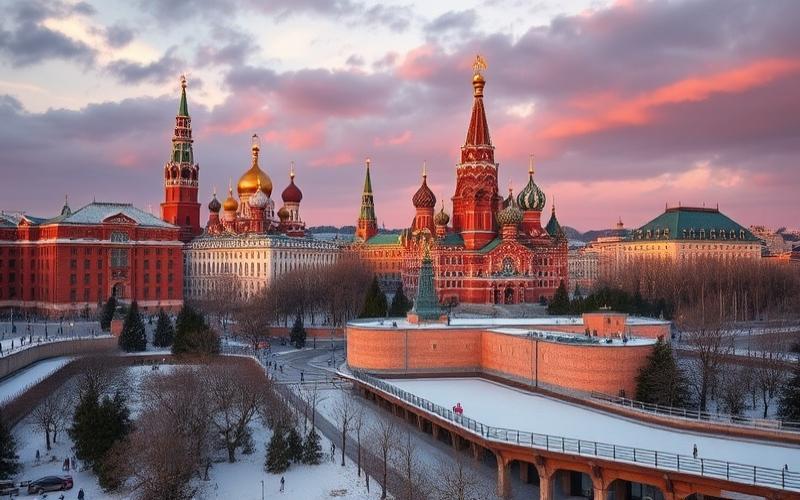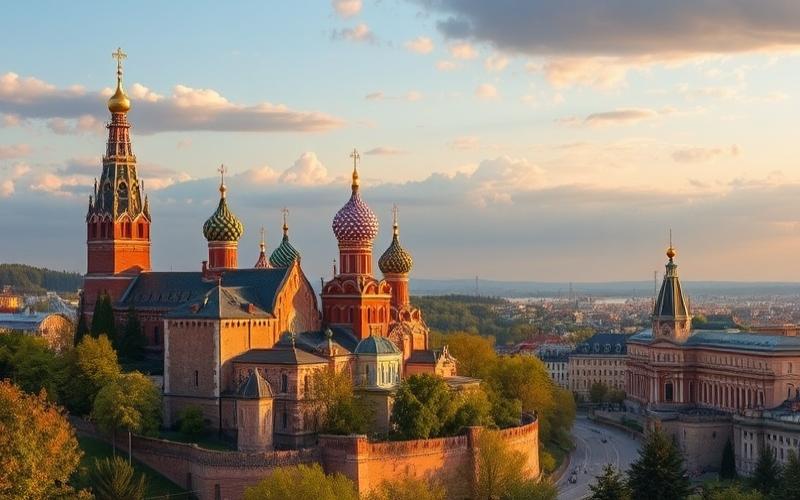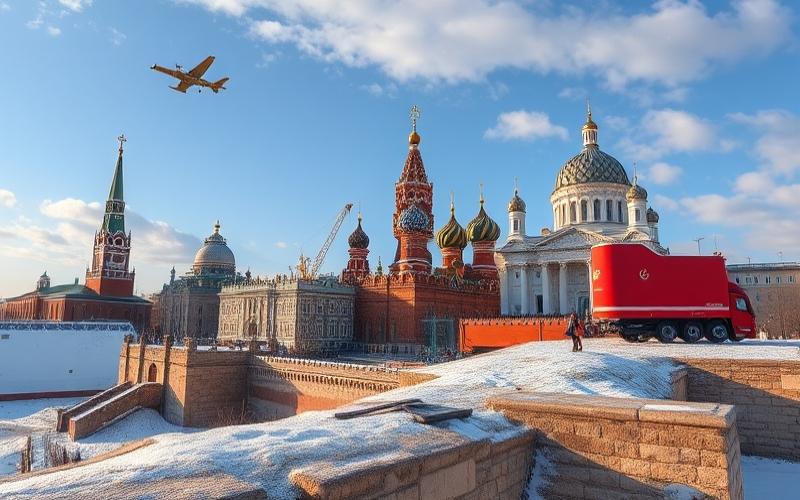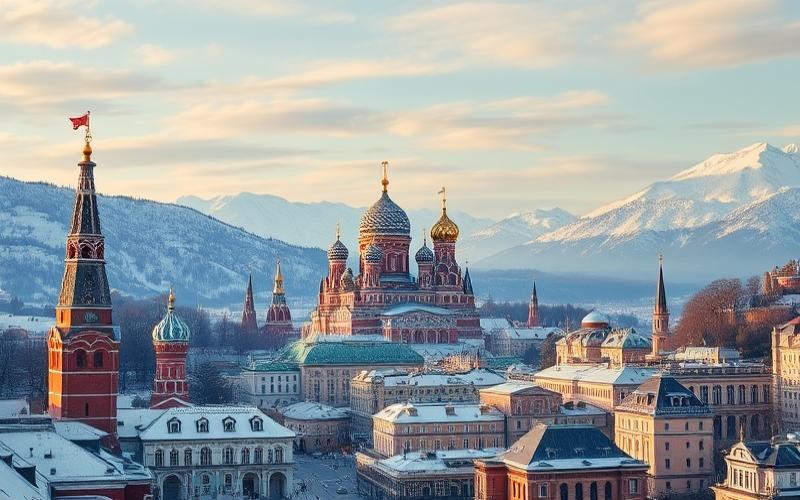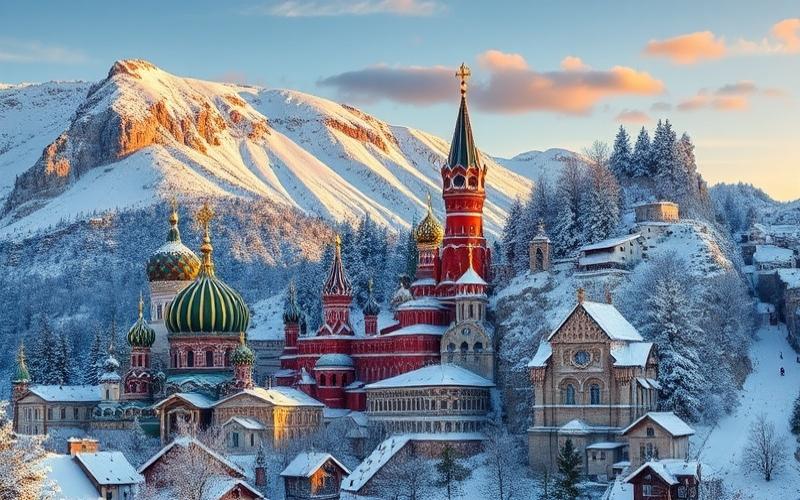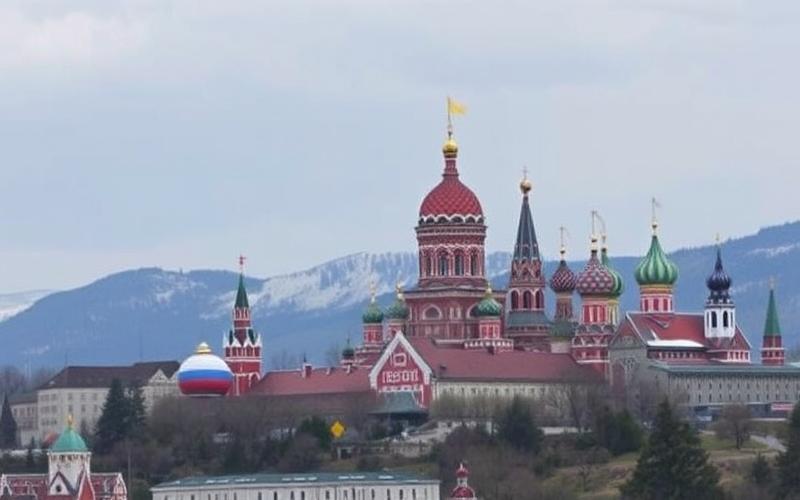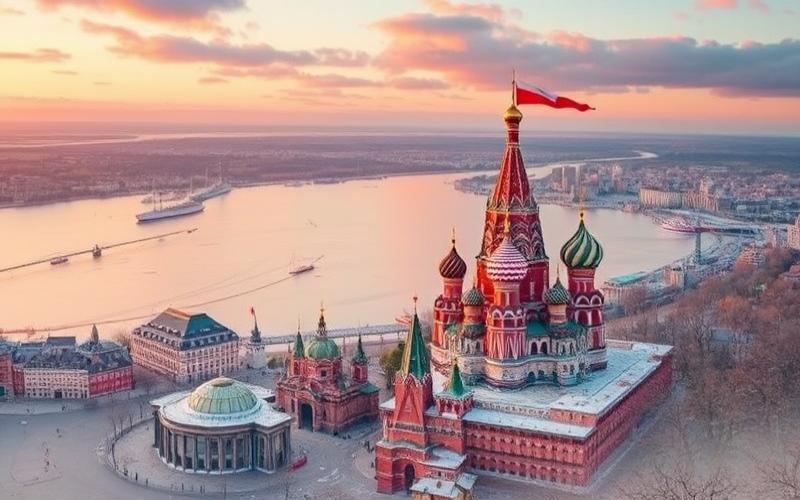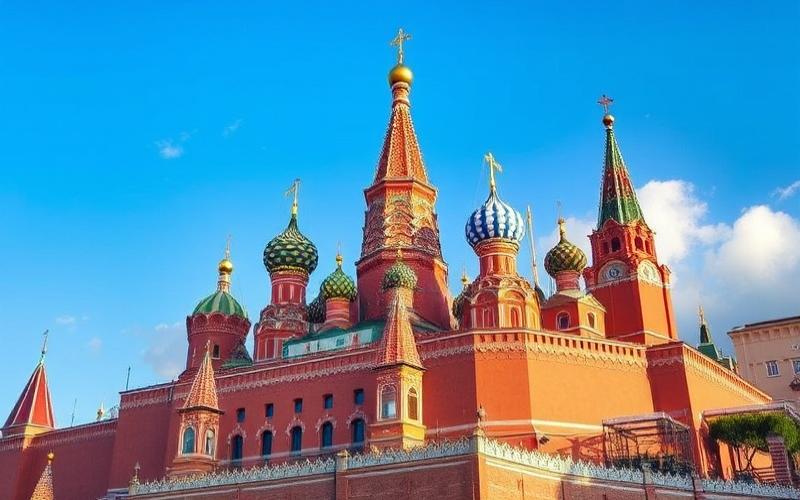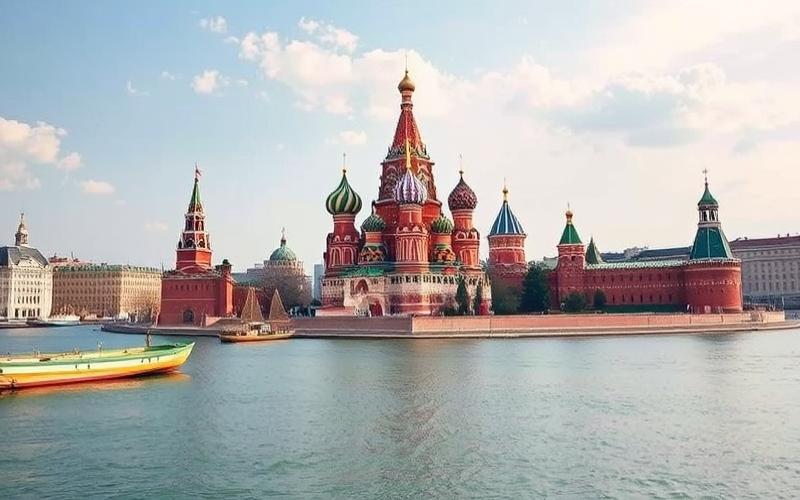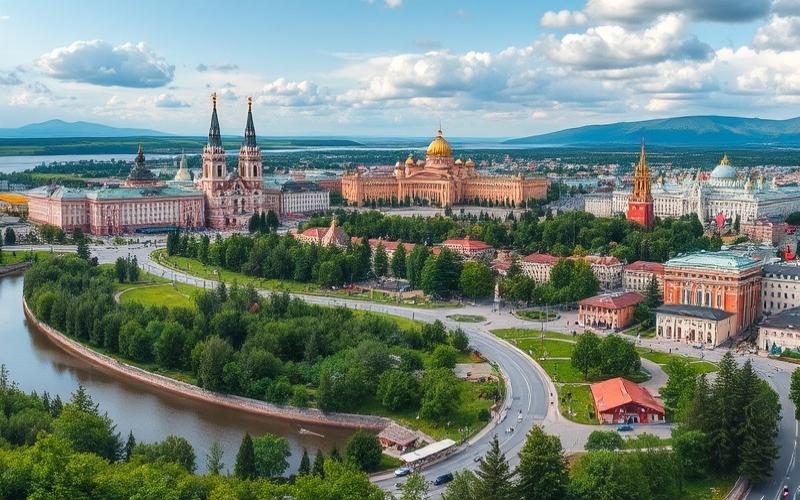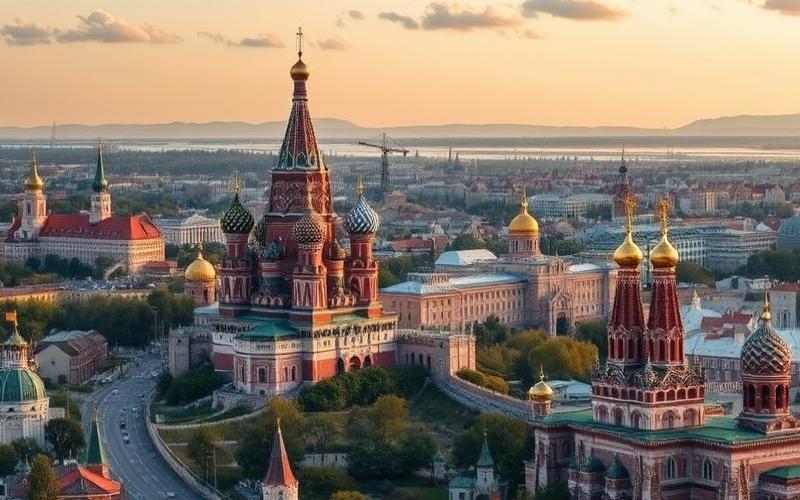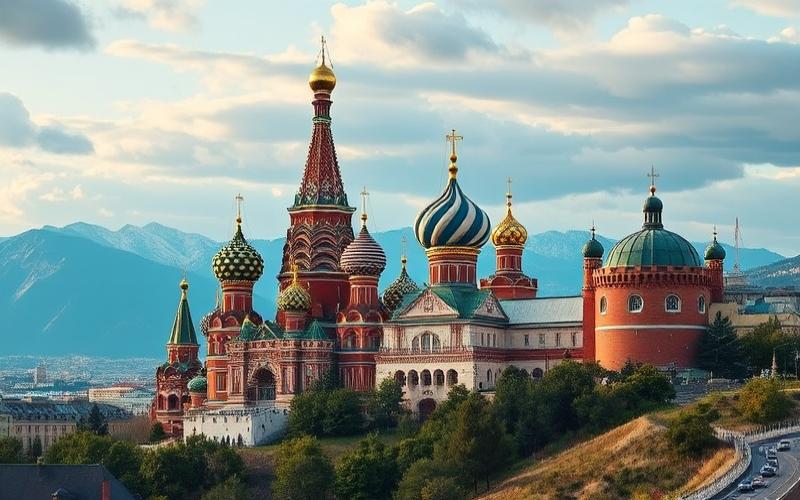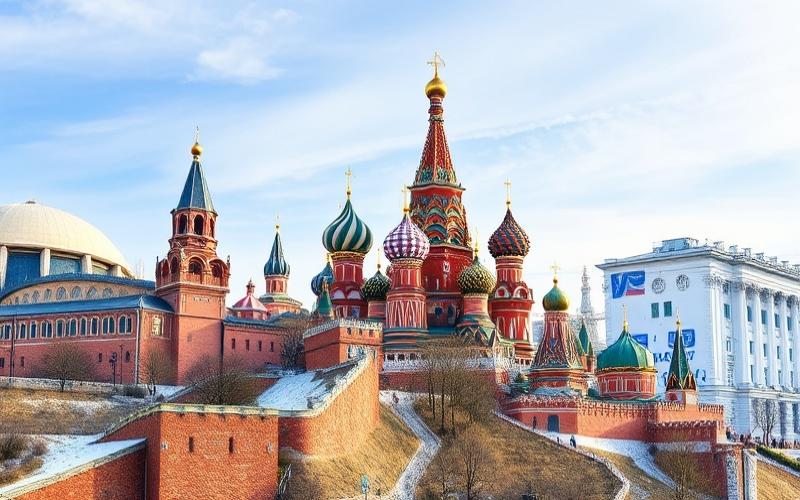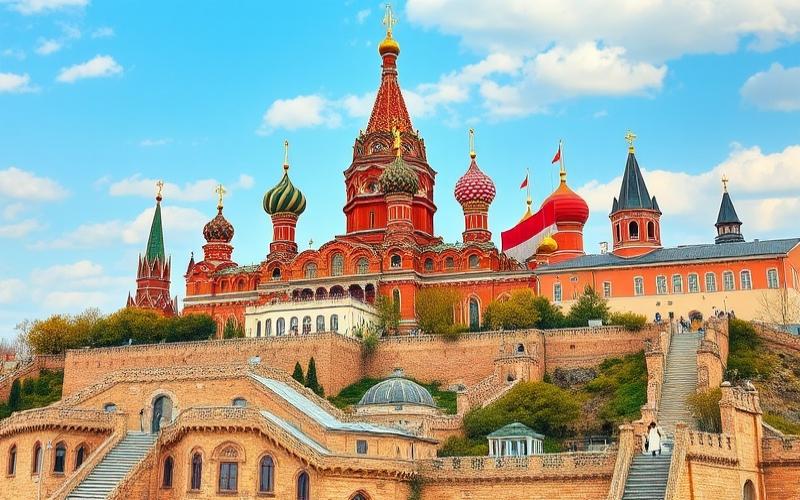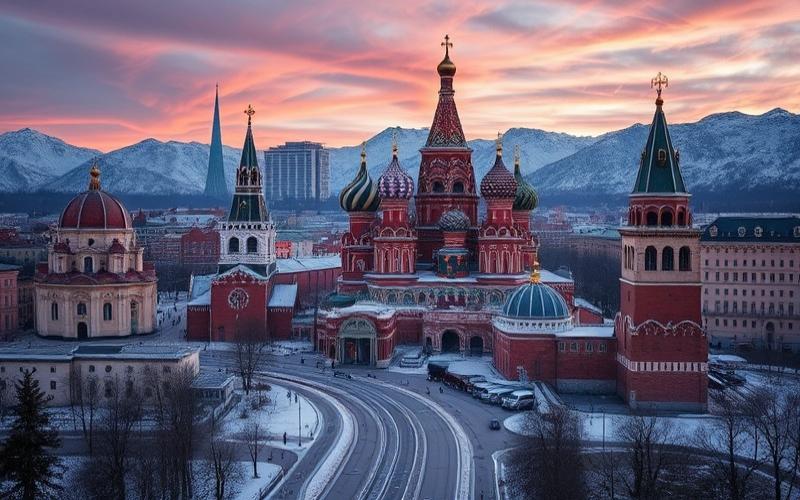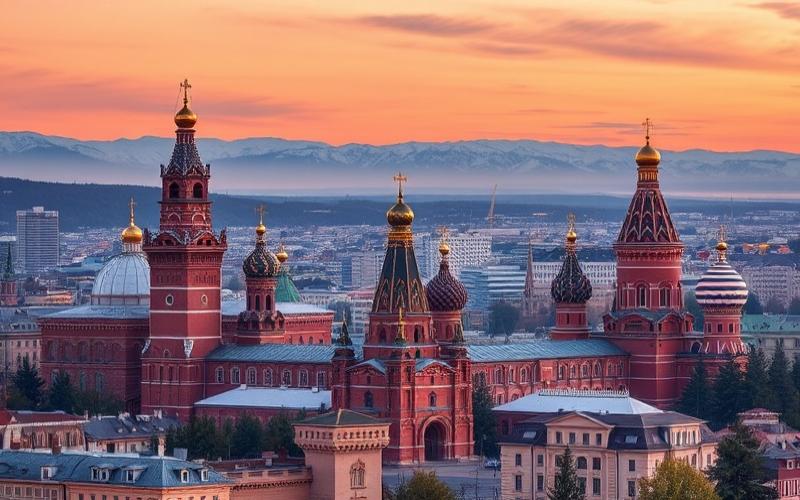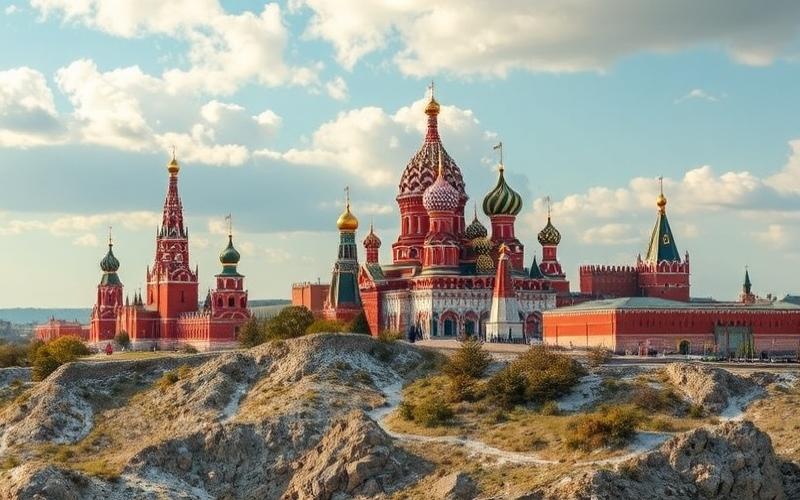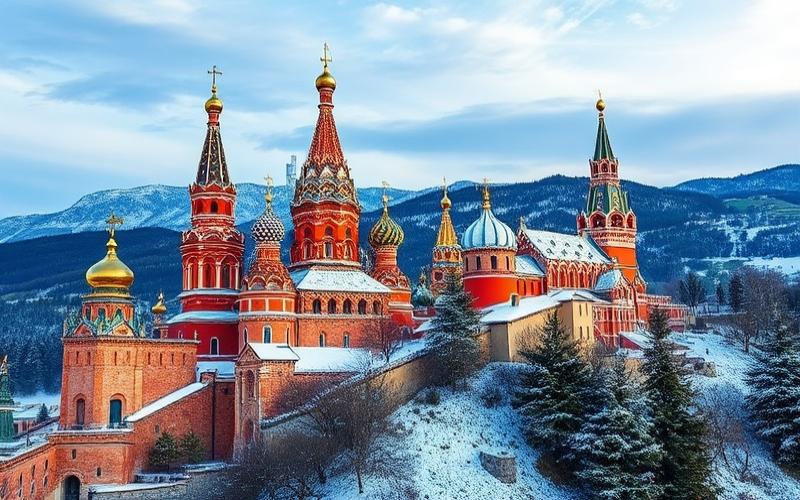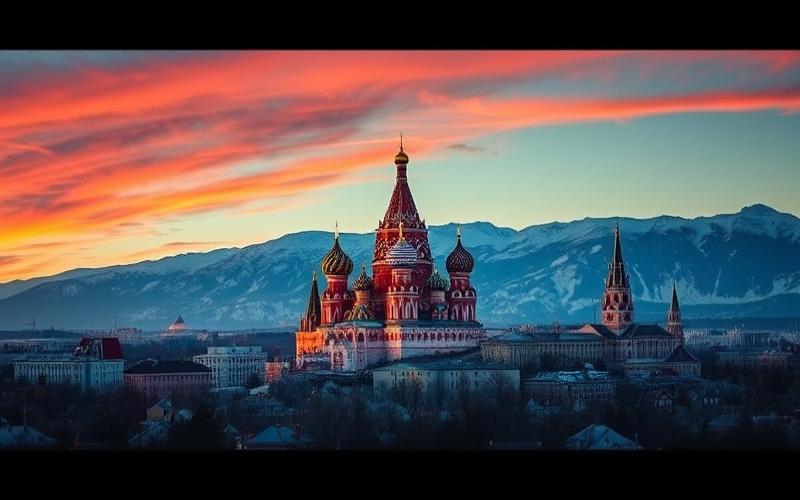
 Published on and written by Cyril Jarnias
Published on and written by Cyril Jarnias
In an ever-changing global economic context, many workers in Russia are seeking to understand the conditions and benefits associated with early retirement to better plan their future.
This article explores the various necessary procedures to access these schemes, highlighting the specific criteria that allow individuals to benefit from this option before the legal retirement age.
In a country where rules can seem complex, a clear understanding of administrative procedures as well as the financial implications of this choice proves crucial for anyone considering this possibility.
Procedures for Obtaining Early Retirement in Russia
Administrative Procedures for Early Retirement Application in Russia:
1. Eligibility Verification
Ensure you meet the specific criteria: minimum age, length of service, special conditions (arduous or hazardous jobs, disability, etc.).
Examples of criteria:
- For arduous occupations: men from 50 or 55 years, women from 45 or 50 years, with sufficient years in arduous positions and normal activity.
- Minimum seniority (e.g., 12.5 years in arduous work + 20 years of contributions + 30 pension points).
- Official list of relevant occupations and activities established by government decree.
2. File Preparation
List of required documents:
- Passport or identity document
- Career record (work book, trudovaya knizhka)
- Employer certificates confirming the nature and duration of work (particularly for arduous or hazardous jobs)
- Pension points certificate (extract from individual pension insurance account)
- Medical certificates (in case of disability-related application)
- Proof of work periods abroad, if applicable (periods in ex-USSR according to bilateral agreements or specific exclusions)
- Official application form (available from the Pension Fund or online)
| Document | Purpose |
|---|---|
| Passport | Identity verification |
| Career record | Proof of seniority |
| Employer certificates | Evidence of work under special conditions |
| Pension points certificate | Verification of required points |
| Medical certificates | Justification of disability (if applicable) |
| Proof of work abroad | Validation of periods outside Russia (if applicable) |
| Application form | Official registration of application |
3. Contacting Competent Authorities
- Pension Fund of the Russian Federation (Pensionny Fond Rossii)
- Application methods:
- In person at a local branch
- Online via the official government services portal (Gosuslugi)
- By registered mail
4. Form Completion and Submission
- Carefully complete the official form
- Attach all required documents, originals or certified copies
- Submit the complete file to the Pension Fund or via the online platform
5. Verification Process
- File compliance check by the Pension Fund
- Strict verification of work periods: only official certificates are valid (witness statements not accepted)
- In case of missing or disputed documents, request for additional evidence or possible court examination
6. Processing Time
- Standard timeframe: several weeks to several months depending on file complexity
- Decision notification sent to applicant
Specific Criteria Required for Application Approval:
- Required minimum age (varies by professional category and current legislation)
- Number of service years (generally: 20 to 25 years total seniority, with minimum duration in arduous employment for relevant categories)
- Number of pension points to achieve (e.g., 30 points for certain early schemes)
- Special situation (disability, work under hazardous conditions, recognized arduous occupations)
Key Points to Remember:
- Recognition of arduous/hazardous employment relies exclusively on official documents provided by employer or public authorities
- Work periods abroad may be excluded or partially counted according to international agreements
- The Pension Fund remains the central authority for all procedures, from file submission to actual pension payment
- In case of refusal, appeal options are available before competent courts
Documentary rigor and compliance with legal criteria are decisive for obtaining early retirement in Russia.
Good to Know:
Ensure your file contains complete career records, employment proofs and forms required by the Pension Fund and keep in mind that processing may take several months. For arduous occupations, documentation must prove the arduous nature to benefit from relaxed early retirement conditions.
Specific Conditions for Early Retirement in Russia
Eligibility Criteria for Early Retirement in Russia
- Standard legal retirement age: 65 years for men, 60 years for women (after gradual increase by 2028 for men and 2034 for women).
- Minimum required contribution period: 15 years from 2024.
- Minimum pension points: 30 points from 2025.
Specific Conditions for Early Retirement
| Worker Category | Minimum Age (men/women) | Required Contribution Period | Conditions or Particularities |
|---|---|---|---|
| Long career (mandatory insurance) | 60/55 years | 42 years (M) / 37 years (F) | Possibility of retirement up to 24 months before legal age, without reduction |
| Workers in hazardous/arduous conditions | 50/45 years | According to profession | Official lists (e.g., mines, steel industry, shipyards, etc.) |
| Far North and equivalent regions | 55/50 years | 15 years in the region | Possible additional reduction for certain zones |
| Women who raised ≥3 children | Variable | 15 years | Possibility of early retirement (e.g., 57 years with 3 children, 56 years with 4) |
| Parents of disabled children | 50 years (women) | 15 years | Depending on disability severity |
| Military and equivalent personnel | 45 years | 20 years of service | Specific calculation based on average pay and service duration |
Concrete Examples
- A worker having worked 15 years in a Far North mine can retire at 50 years.
- A woman having raised four children can apply for retirement at 56 years.
- A military member having served 20 years can retire at 45 years, with a pension proportional to service duration.
Regional Exceptions and Ethnic Minorities
Residents of the Far North or equivalent regions benefit from additional legal age reduction (up to 5 to 10 years less).
Certain indigenous Northern minorities (e.g., Nenets, Yakuts) can obtain early retirement according to specific rules, considering traditional lifestyle and extreme climate conditions.
Recent Legislative Changes
- Gradual increase of retirement age since 2019 (up to 65 years M/60 years F).
- Extension of minimum contribution period (from 5 to 15 years between 2015 and 2024).
- Introduction of a pension points system (30 points required from 2025).
- New calculation for retirement savings: since July 2024, if monthly capitalization pension is below 10% of subsistence minimum, possible lump-sum payment of entire retirement savings.
Administrative Procedure for Application Submission
File submission to the Pension Fund of the Russian Federation (online or at agency).
Documents to provide: passport, career and contribution proofs, medical certificates (if applicable), certificates of special employment or residence in the Far North.
File processing and decision within 10 business days.
Possibility of administrative appeal in case of refusal.
Procedure Example:
- A worker from a factory classified as “hazardous” approaches 50 years.
- They gather employment certificates, pay slips and work book.
- They submit early retirement application via the Pension Fund electronic portal.
- After verification, early pension is granted, effective from the following month.
⚠️ Criteria vary by profession, region, gender, and family situation. Exceptions exist for certain populations and highly arduous occupations.
Good to Know:
To benefit from early retirement in Russia, one generally needs to have reached 55 years for women and 60 years for men, with at least 20 to 25 years of contributions, although some workers in hazardous professions or extreme climate conditions can benefit earlier; recent reforms have relaxed conditions for ethnic minorities and certain regions, requiring submission of an application to local authorities for examination.
Benefits and Considerations for Expatriate Retirees in Russia
Potential Financial Benefits
- Cost of living: Major Russian cities like Moscow or St. Petersburg remain generally more affordable than most European capitals, particularly for housing, dining and certain services.
- Russian pension: To benefit from a Russian pension, one must have contributed at least five years to the Russian social system. This pension comprises several components (basic, insurance, capitalized) and the amount depends on contributions and local work duration.
- Taxation:
- Flat rate of 13% for Russian tax residents (stay >183 days/year) and 30% for non-residents.
- No CSG or CRDS on pensions received abroad.
- Franco-Russian tax treaty avoiding double taxation for French retirees.
- Foreign pension payments: It’s possible to continue receiving French pension in Russia, subject to updating one’s situation with French pension funds.
Quality of Life
- Cultural richness: Access to dense cultural life (museums, theaters, festivals), varied architectural heritage and vibrant local traditions.
- Landscapes: Vast natural expanses (forests, lakes, mountains, steppes, coastlines) offering numerous excursion possibilities.
- Healthcare: Retirees benefit from access to the Russian public health system, with adequate medical offerings in major cities, but notable disparities in provinces.
- Climate: Weather varies strongly by region, from arctic to Black Sea; winters are severe in most of the country, but some southern regions offer temperate climate.
Cultural Integration
- Language challenges: Russian language is predominant and few Russians speak foreign languages fluently. Learning basic Russian is strongly advised.
- Social and cultural differences:
- More formal social code, importance of politeness and respect for hierarchies.
- Differences in consumption habits, time perception and emotional expression.
- Adaptation advice:
- Participate in local activities, enroll in Russian classes.
- Use expatriate networks to exchange practical advice.
- Be attentive to local legislation (visa, residence, registration).
Housing
| Option | Advantages | Points to Consider |
|---|---|---|
| Rental | Quick procedure, low commitment | Higher prices in city center |
| Purchase | Security, possible investment | Notarial procedures, restrictions for certain border zones |
| Serviced residence | Comfort, adapted services | Limited offer, higher cost |
- Foreigners can purchase most real estate properties, except sensitive areas (border, military).
- It’s recommended to use a real estate agent or specialized lawyer to secure the transaction.
Legal Aspects
- Visa and residence: No specific retirement visa, but simplified procedures since 2024: 3-month entry visa, then temporary residence card (without quota, without language test obligation).
- Permanent residence: Possible after 8 months stay with temporary card.
- Property rights: Foreigners can purchase real estate, except specific geographical restrictions.
Safety
- Major cities: Security comparable to major European metropolises, vigilance recommended against pickpockets and scams.
- Remote regions: Increased risks (healthcare access, road safety, emergency situations).
- Advice:
- Register with your country’s consulate.
- Stay informed about local situation via authorities or expatriate networks.
Expatriate Community
Presence of support networks and French-speaking or international associations in main cities.
Online groups and regular events to facilitate integration, share practical advice and break isolation.
These communities often provide assistance for administrative procedures, Russian language learning and access to local services.
Transport and Accessibility
- Urban transport: Metro, buses, trams highly developed and affordable in major cities. Possible discounts for Russian seniors, rarely accessible to foreigners.
- Intercity: Dense railway network, frequent air connections between major cities.
- Public service accessibility:
- Variable by region; major cities are better adapted for elderly (elevators, disabled access).
- Administrative services mainly in Russian, accompaniment recommended.
Useful Resources
- Embassy or consulate of your country for administrative assistance.
- Expatriate associations for practical advice and integration.
- Online platforms dedicated to expatriation and specialized forums to exchange experiences and find local contacts.
Good to Know:
Expatriate retirees in Russia can benefit from lower living costs and various tax advantages, while facing language and cultural challenges; relying on expatriate associations can help with better integration and facilitate the transition.
Disclaimer: The information provided on this website is for informational purposes only and does not constitute financial, legal, or professional advice. We encourage you to consult qualified experts before making any investment, real estate, or expatriation decisions. Although we strive to maintain up-to-date and accurate information, we do not guarantee the completeness, accuracy, or timeliness of the proposed content. As investment and expatriation involve risks, we disclaim any liability for potential losses or damages arising from the use of this site. Your use of this site confirms your acceptance of these terms and your understanding of the associated risks.

